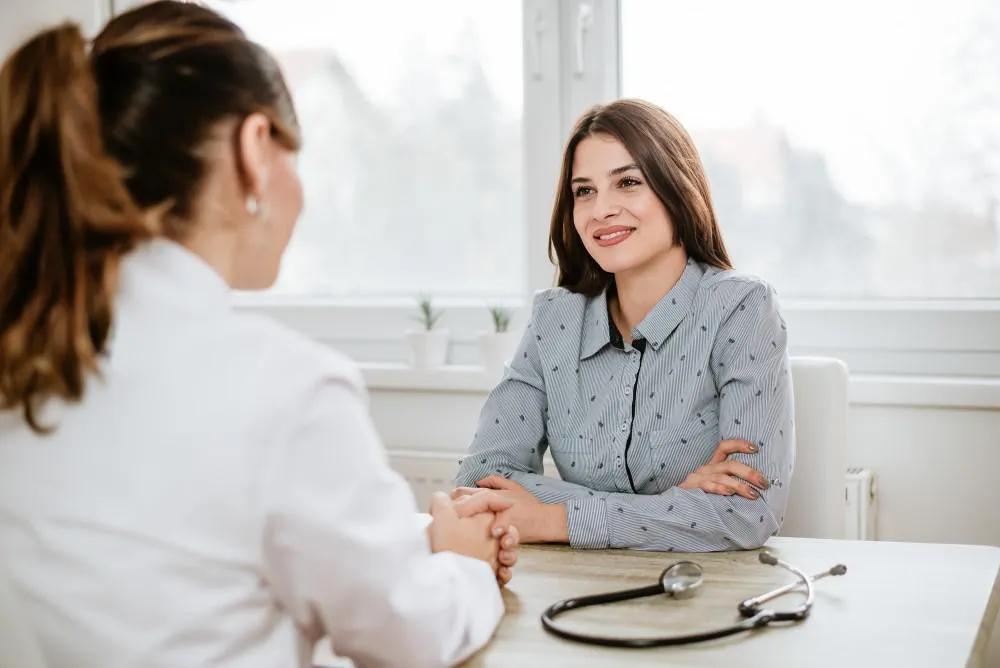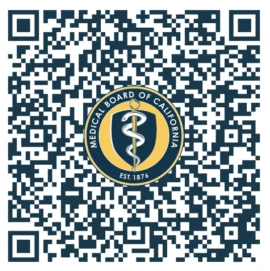A colonoscopy is a life-saving screening technique, as it can help experts detect cancerous cells early and remove precancerous polyps before they become cancerous. It’s estimated that due to colonoscopies, the risk of death by colon cancer has dropped by 61%.
Below, we asked our experts at Digestive Disease Consultants of Orange County in Orange County, California to explain when is the best time to get a colonoscopy based on an individual’s family history of cancer, ethnicity, and age.
Scheduling your first colonoscopy
We advise most people to get their first colonoscopy around the age of 50. African Americans are at a higher risk of colon cancer and are usually advised to start at the age of 45.
If everything is normal, you can get a colonoscopy every 10 years. However, if you have a family history of colorectal cancer or polyps, our experts may recommend a colonoscopy every three years to ensure you’re well.
Symptoms that prompt a colonoscopy at any age include blood in the stool, dark-colored stools, abdominal pain, unintentional weight loss, diarrhea, and constipation for days at a time.
Preparing for your colonoscopy
A colonoscopy is an examination of the colon via a long flexible tube with an attached camera that’s introduced into the body through the anus. The camera sends images to a computer, which allows our experts to see what’s happening in your colon.
Our experts want to obtain the clearest images, so make sure your colon is as empty as possible. Before the exam, avoid solid foods and carbonated drinks for at least one day and consume only clear liquids. In addition, you may have to take a laxative the night before the exam.
Our experts also ask you about any prescription medications you’re currently on, particularly blood thinners.
Why do you need a colonscopy around 50?
If you don’t have other risk factors, such as previous diseases or a family history of colon cancer, around the age of 50 is the perfect time for a colonoscopy. It takes decades for random mutations in the lining of the colon to cause problems. These mutations are influenced by your genetic makeup as well as by stress and exposure to toxins.
If you’re at the age when it’s time to get a colonoscopy, contact us to schedule an appointment. A colonoscopy can be slightly uncomfortable, but it’s painless and only takes about an hour to complete, but can help you understand your health and give you peace of mind.



